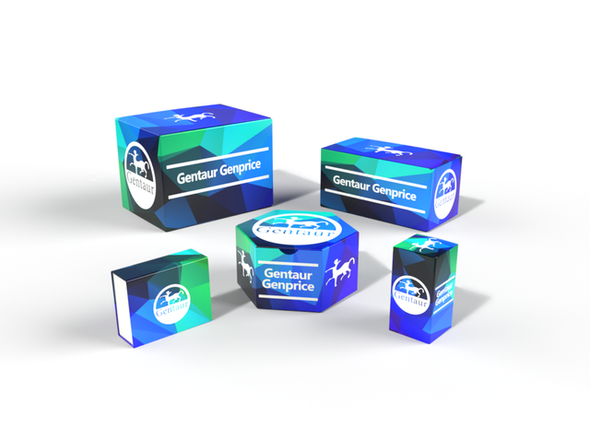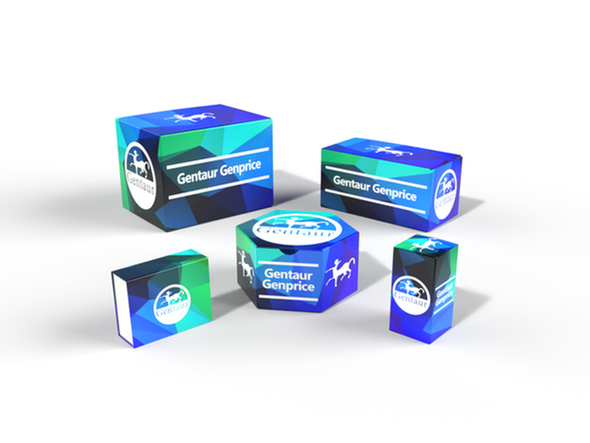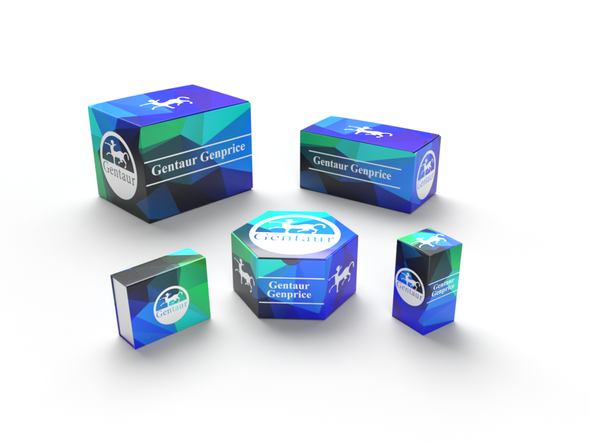451 Recombinant Proteins and Cell culture
KC1 | potassium channel KAT3 | AS09 515
- SKU:
- 451-AS09 515
- Availability:
- Usually ships in 5 working days
Description
KC1 | potassium channel KAT3 | AS09 515 | Gentaur UK, US & Europe Distribution
Immunogen: KLH-conjugated peptide derived from Arabidopsis thaliana KC1 protein P92960, At4g32650
Host: Rabbit
Conjugation: N/A
Clonality: Polyclonal
Isotype: N/A
Purity: Immunogen affinity purified serum in PBS pH 7.4.
Format: Lyophilized
Tested Application: Western blot (WB)
Related Products: AS09 516 | Anti-AKT1 | potassium channel AKT1, rabbit antibodiescollection of antibodies to membrane transport systemPlant protein extraction bufferSecondary antibodies
Recommended Dilutions: 1 : 50 with 125I (WB)
Molecular weight: 75, 5 | 75 kDa
Confirmed Reactivity: Arabidopsis thaliana
Predicted Reactivity: Arabidopsis thaliana
Not reactive in: No confirmed exceptions from predicted reactivity are currently known
Additional Information: In the work of Honsbein et al, 125I has been used for detection of KC1 since this was the only way to get enough signal after 2-phase partitioning, ECL+ has been used with the protein after expression in Sf9 insect cells (1: 1000 primary antibody dilution) and in yeast with no problem (single band detected), but these are relatively high expression systems, In native plant material ion channels are expressed in ridiculously small quantities (a few hundred proteins per cell)
Background: KC1 is a regulatory K+ channel subunit that assembles with different inward-rectifying K+ channels to affect their activities. The protein is expressed in extremely low amounts, e.g. a few houndred per cell. Alternative names: AKT4, AtKC1, potassium channel TKC
Reconstitution: For reconstitution add 100 µl of sterile water
Storage: Store lyophilized/reconstituted at -20°C; once reconstituted make aliquots to avoid repeated freeze-thaw cycles. Please remember to spin the tubes briefly prior to opening them to avoid any losses that might occur from material adhering to the cap or sides of the tube.
TAIR Nnumbre: AT4G32650
Category: Ion metabolism
Research Area: Metabolomics






